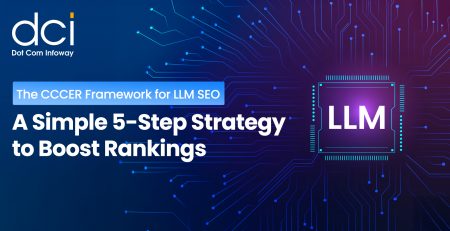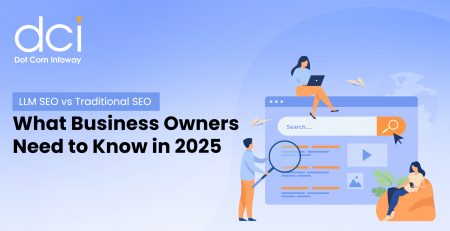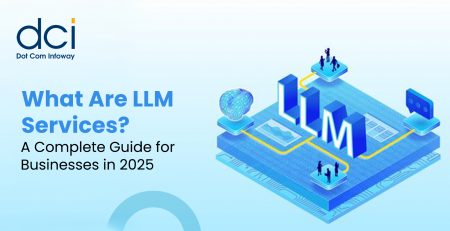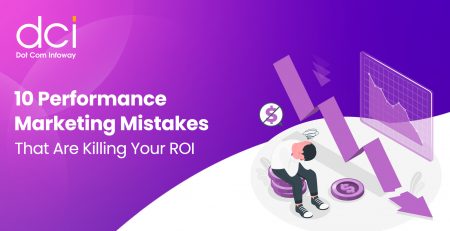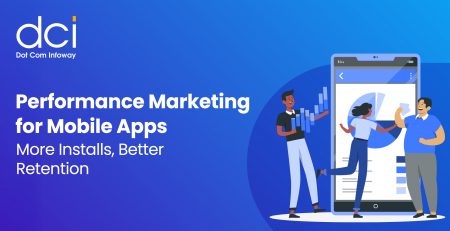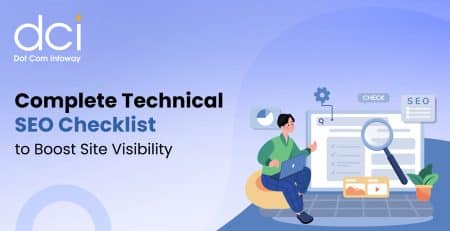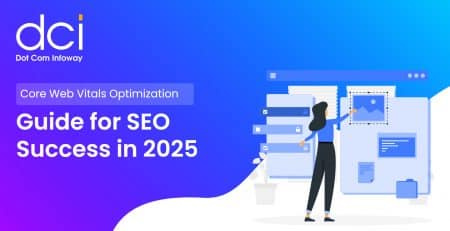Why SEO is Crucial for Small Business Success in 2025
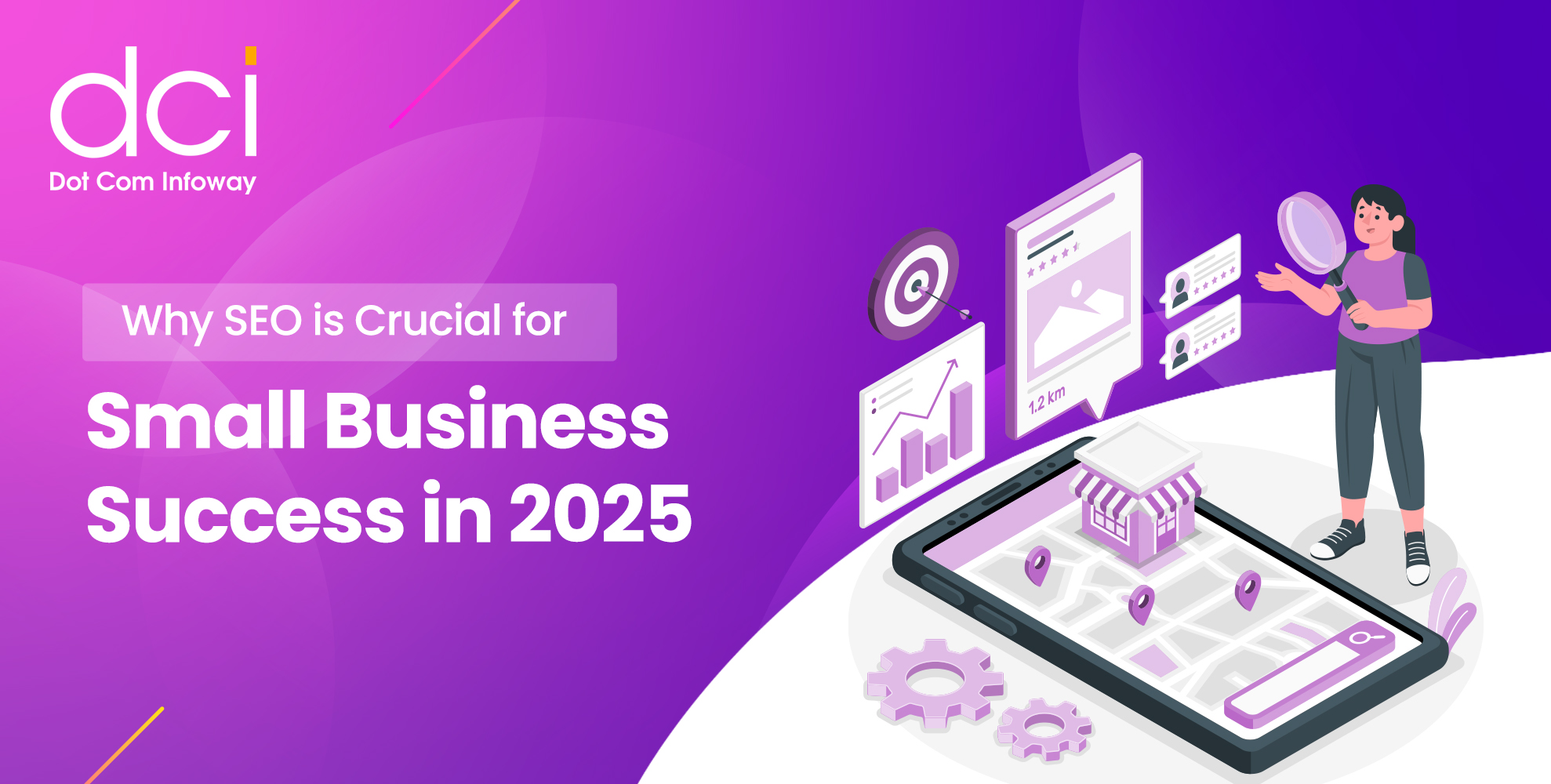
The Role of SEO in Driving Organic Traffic
Organic traffic remains the lifeblood of online success, and SEO is the driving force behind it. When your website is optimized for search engines, it ranks higher in search results, attracting users who are actively looking for what you offer. Unlike paid ads, which require constant investment, organic traffic generated through SEO is sustainable and cost-effective in the long run. By optimizing for relevant keywords, improving site structure, and creating high-quality content, small businesses can tap into a consistent stream of visitors who are more likely to convert into loyal customers.
Building Credibility and Trust with SEO
In 2025, trust and credibility are more important than ever. Google’s algorithms prioritize authoritative and trustworthy content, meaning that small businesses need to establish their expertise in their niche. Factors such as backlinks from reputable sources, positive user engagement signals, and well-researched content contribute to higher rankings. When customers see your business ranking at the top of search results, they perceive it as more credible. Investing in SEO helps small businesses build this trust organically, positioning them as leaders in their industry without the need for aggressive advertising.
Local SEO: The Game-Changer for Small Businesses
For small businesses that operate within a specific region, local SEO is a game-changer. In 2025, optimizing for local searches is no longer optional—it’s a competitive necessity. With the rise of “near me” searches and mobile-first browsing, customers are looking for businesses in their immediate area. Ensuring your Google My Business profile is fully optimized, collecting positive reviews, and using location-based keywords can significantly boost your visibility in local search results. A well-optimized local SEO strategy helps small businesses attract foot traffic, phone calls, and inquiries from customers who are ready to make a purchase.
SEO and User Experience: A Symbiotic Relationship
Google’s algorithms now prioritize user experience as a ranking factor, making SEO and UX inseparable. A fast-loading website, mobile-friendly design, and easy navigation are not just nice-to-haves—they’re essential for ranking high in search results. If your website is slow, cluttered, or difficult to navigate, visitors will leave within seconds, increasing your bounce rate and negatively impacting your rankings. SEO best practices ensure that your site is designed with both search engines and users in mind, providing a seamless browsing experience that keeps visitors engaged.

Ready to boost your website’s rankings and online visibility?
Discover how our expert SEO services can resolve ranking issues, drive traffic, and elevate your website’s performance to the next level!
Content Marketing and SEO: The Perfect Duo
Content marketing and SEO go hand in hand. High-quality, valuable content is what drives SEO success, and SEO ensures that your content reaches the right audience. In 2025, small businesses need to move beyond generic blog posts and focus on creating in-depth, informative, and engaging content that answers real customer questions. Whether it’s long-form blog posts, how-to guides, case studies, or video content, a strong content strategy fuels SEO performance. Optimizing content for featured snippets, voice search, and semantic search ensures that your business stays ahead of the competition.
Adapting to Voice Search and AI-Powered Search Trends
With the rise of voice search and AI-driven search engines, small businesses need to adapt their SEO strategies accordingly. Consumers are increasingly using voice assistants like Siri, Alexa, and Google Assistant to find information online. This shift means that businesses must optimize for conversational queries, long-tail keywords, and natural language processing. In addition, AI-powered algorithms like Google’s RankBrain analyze user intent more accurately, emphasizing the need for content that answers questions in a clear and concise manner. Small businesses that embrace these trends will stay ahead of the curve in 2025.
SEO vs. Paid Advertising: The Long-Term Benefits
While paid advertising can generate quick results, it’s not a sustainable strategy for long-term success. The moment you stop investing in ads, your visibility disappears. On the other hand, SEO provides ongoing benefits by continuously driving organic traffic without the need for constant spending. A well-executed SEO strategy allows small businesses to reduce their dependence on paid ads while maintaining a steady flow of visitors and leads. Investing in SEO now means reaping the rewards for years to come, making it one of the most cost-effective digital marketing strategies available.
Measuring SEO Success: Key Metrics for Small Businesses
Understanding how to measure SEO success is crucial for optimizing your strategy. Key performance indicators (KPIs) such as organic traffic, keyword rankings, bounce rate, and conversion rate provide valuable insights into what’s working and what needs improvement. Tools like Google Analytics, Google Search Console, and third-party SEO platforms help small businesses track progress and make data-driven decisions. By continuously monitoring these metrics, businesses can refine their SEO approach and stay ahead of algorithm updates.
Future-Proofing Your Small Business with SEO
SEO is not a one-time effort—it’s an ongoing process that evolves with search engine algorithms and consumer behavior. Small businesses that prioritize SEO in 2025 will future-proof their online presence, ensuring long-term success in an increasingly digital world. As competition grows and customer expectations change, businesses that embrace SEO will continue to attract and retain customers, drive revenue, and establish themselves as industry leaders. The key to success lies in consistency, adaptability, and staying informed about the latest SEO trends.
Conclusion
As we move into 2025, SEO is no longer optional for small businesses—it’s a critical factor in their success. From driving organic traffic and building credibility to enhancing user experience and adapting to emerging trends, SEO plays a vital role in every aspect of digital growth. Small businesses that invest in a well-structured SEO strategy will not only rank higher on search engines but also gain a competitive edge in their industry. Now is the time to take SEO seriously and position your business for sustainable success in the years to come.

